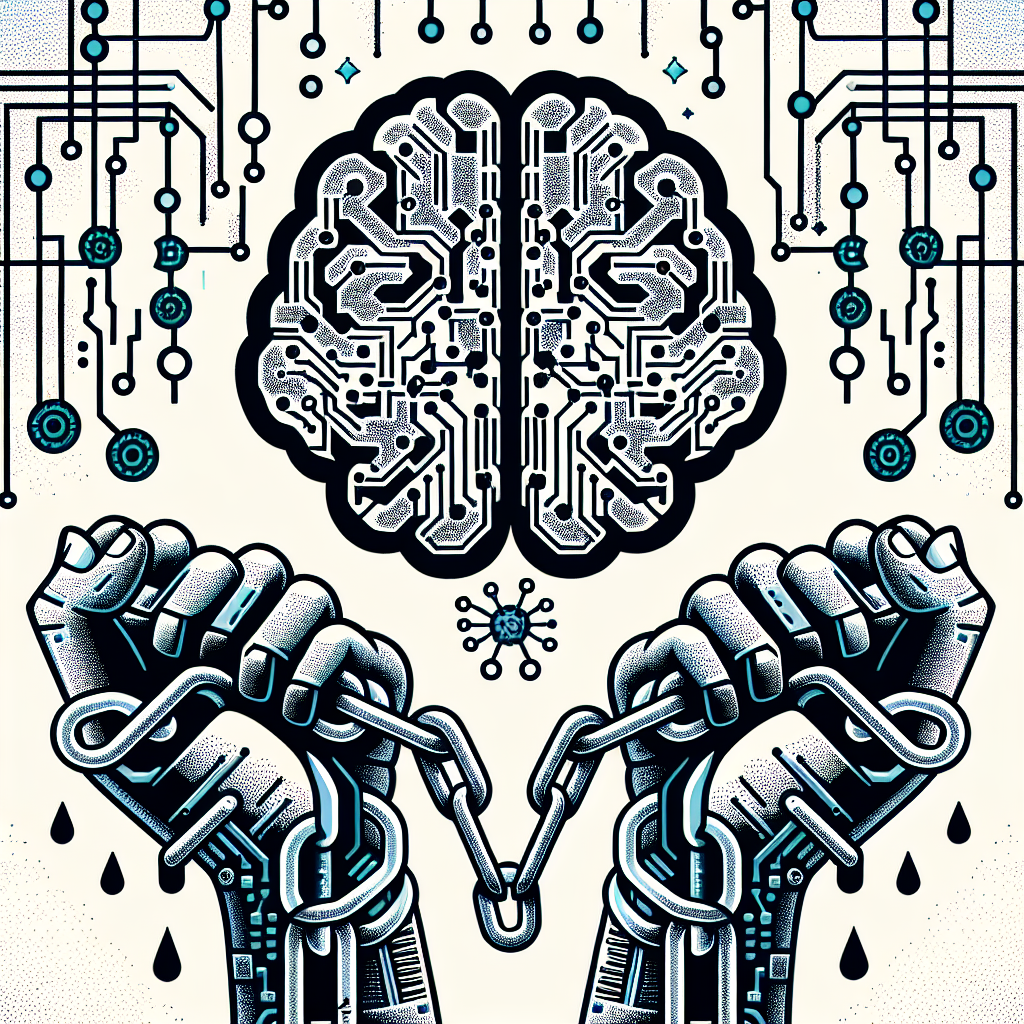AI for Good: The Potential of Democratization
Artificial Intelligence (AI) has the potential to transform our world in countless ways, from revolutionizing healthcare to improving transportation systems. However, to fully realize the benefits of AI, it is crucial that this powerful technology is democratized and made accessible to all.
What is AI for Good?
AI for Good refers to the use of artificial intelligence to address some of the world’s most pressing challenges, such as poverty, inequality, climate change, and healthcare. By harnessing the power of AI, organizations and individuals can develop innovative solutions to these complex problems, ultimately improving the lives of billions of people around the globe.
The democratization of AI is essential for ensuring that the benefits of this technology are shared equitably among all members of society. When AI is democratized, it becomes more accessible and affordable, enabling individuals and organizations of all sizes to leverage its capabilities to drive positive change.
The Potential of Democratization
The democratization of AI has the potential to unlock a new wave of innovation and creativity, leading to solutions that were previously thought to be impossible. By empowering individuals and organizations to develop their own AI applications, we can harness the collective intelligence of millions of people around the world to tackle some of the most challenging problems facing humanity.
One of the key benefits of democratizing AI is that it enables a wider range of voices to be heard in the development of AI systems. When AI is developed by a diverse group of individuals with different perspectives and experiences, it is more likely to be fair, ethical, and inclusive. This can help to mitigate some of the biases and inequalities that are present in many AI systems today.
Moreover, democratizing AI can help to bridge the digital divide by making advanced technologies more accessible to individuals and communities that have historically been marginalized or excluded. By providing training and resources to underserved populations, we can empower them to participate in the AI revolution and create solutions that meet their unique needs.
In addition, democratizing AI can drive economic growth and create new opportunities for entrepreneurship and innovation. By lowering the barriers to entry for AI development, we can enable a new generation of startups and small businesses to thrive in the digital economy. This can lead to job creation, economic empowerment, and increased competitiveness on a global scale.
FAQs
Q: What are some examples of AI for Good initiatives?
A: Some examples of AI for Good initiatives include using AI to improve healthcare outcomes, optimize transportation systems, combat climate change, and promote social justice. For instance, AI-powered diagnostic tools can help doctors identify diseases earlier and more accurately, while AI-driven traffic management systems can reduce congestion and emissions in cities.
Q: How can individuals and organizations contribute to the democratization of AI?
A: Individuals and organizations can contribute to the democratization of AI by investing in training and education programs, supporting open-source AI projects, and advocating for policies that promote accessibility and inclusivity in AI development. By working together, we can ensure that the benefits of AI are shared equitably among all members of society.
Q: What are some of the challenges of democratizing AI?
A: Some of the challenges of democratizing AI include ensuring data privacy and security, addressing biases and inequalities in AI systems, and providing adequate training and support for individuals and organizations that are new to AI development. Overcoming these challenges will require collaboration and cooperation among stakeholders from a wide range of sectors.
In conclusion, the democratization of AI has the potential to revolutionize our world and drive positive change on a global scale. By making AI more accessible and inclusive, we can empower individuals and organizations to develop innovative solutions to some of the most pressing challenges facing humanity. Through collaboration, education, and advocacy, we can harness the power of AI for Good and create a more equitable and sustainable future for all.

